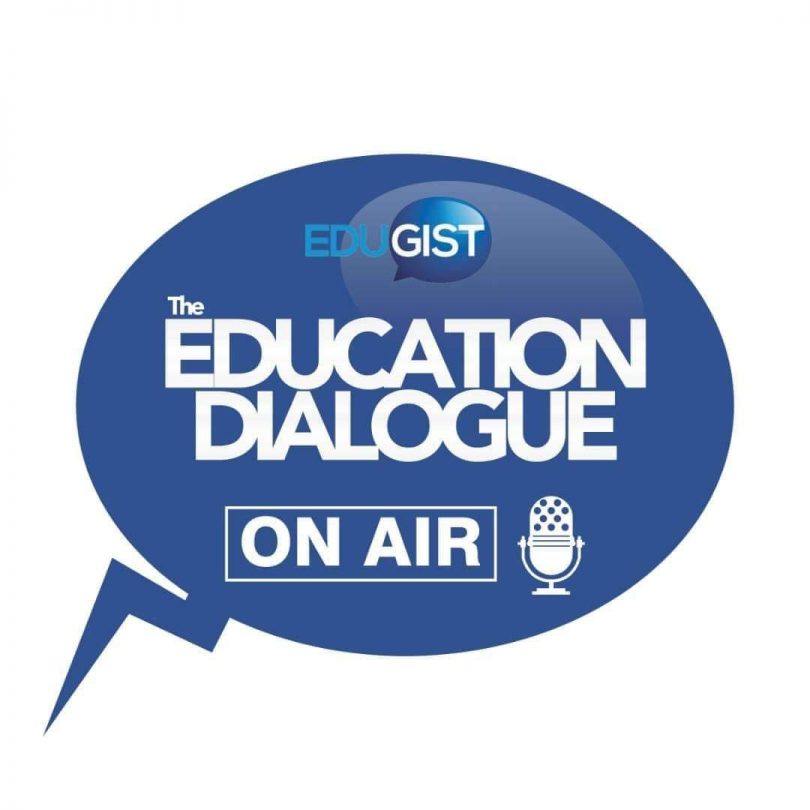PRESENTER:
The national policy on education which came into existence in 1979 has undergone series of reviews. It was revisited in 2013 under the administration of president Goodluck Jonathan. The beauty of this policy is that it clearly stipulates that every Nigeria is entitled to free basic education – Primary one to jss three.
This week, on Education Dialogue looked into the genuineness and quality of the free education provided by the states in Nigeria, using Success’ case as reference. One thing is to gain access to educate and another thing is to get the best from the education. The value of the education the students receive is very important. The case of the Deltan school girl who decried her school for sending her parking over school fee is evidence that education is not completely free in some parts of the country. The explanation of the state Commissioner for Education that what the girl was asked to pay was not tuition fee is too weak to exonerate the state government.
It is important for us to know what level education is free. It is also pertinent to know if the free education cover examination fee or not. The latest information about the incident is that the head teacher of the school has been suspended because the demand was made without the knowledge of the appropriate authorities.
Another area that was looked at this week was the security of lives and properties in the education sector. The national education policy clearly states that a school must procure all the necessary facilities that can guarantee the safety of students’ lives before such a school will be issued a lincence to operate. Then, was the collapsed school on Lagos Island running without approval from the Lagos State Ministry of Education and the Quality Assurance Department?
We put this to our guest, Mr Ashimolowo Ademuyiwa,an education consultant and lecturer to discuss two things in the education sector, implementation of free education policy and security in schools.
GUEST:
We are only deceiving ourselves. We have failed to acknowledge the fact that the time has come for us to put education in its right place. Nigeria is a signatory to basic education for all. The government are expected to provide compulsory uninterrupted nine-year basic education for all. Now, let me comment on the girl sent out of school in Delta State. The question is that was the girl sent out of a private or public school? So, if a student is sent out of a school that provides free education, at what level is it free? I want to to tell you categorically that there are many students at public schools whose parents were told to buy chairs the students will use in their classes. The government cannot claim that education is completely free when students are being sent out of the school over failure to pay examination fee.
PRESENTER:
It was reported that the head teacher of the school acted illegally and unprofessionally and that was what led to her suspension.
GUEST:
If a teacher or headteacher gets to the point of generating money from the students to get certain things done, that means the so-called appropriate authorities have neglected their responsibilities. In the viral video, the little girl said the head teacher would flog until she was tired. It simply means she is already accustomed to flogging. But she prefers the flogging to being denied entry into the school.
On the issue of the school on the second floor of the building that collapsed at Itafaji on Lagos Island, we cannot blame parents who sent their children to that school. Many factors are responsible for their considering such a school. One is lack of access to quality in public schools within their locality. And another factor is distance. Parents consider the kilometers their children will have to cover before they get to school. They get their children registered in schools closer to them for security reasons. Lagos parents can’t afford to keep their children out of school. Lagos State has a population of over 20 million and about 11,000 schools.
PRESENTER:
When you started, you made mention of access before quality. Is it not wise to know how long we continue to access before quality and evaluate the quality of what we are accessing?
GUEST:
The Quality Assurance Department in Lagos State is trying to sanitize the sector. What will they do to all the substandard schools in the state. They are scattered all over the country. There is poverty in the country. Parents can’t afford all the means of transportation to their children’s school. Their children attend schools within the neighborhood. And the Quality Assurance Department cannot continue to close down schools in order not to create another issue. When schools are closed down, the students will be out of school. What the Quality Assurance Department can do is to empower and assist these substandard schools to improve their quality.
Even the quality of our public schools need to be improved. They need capacity building and their teachers need training.








